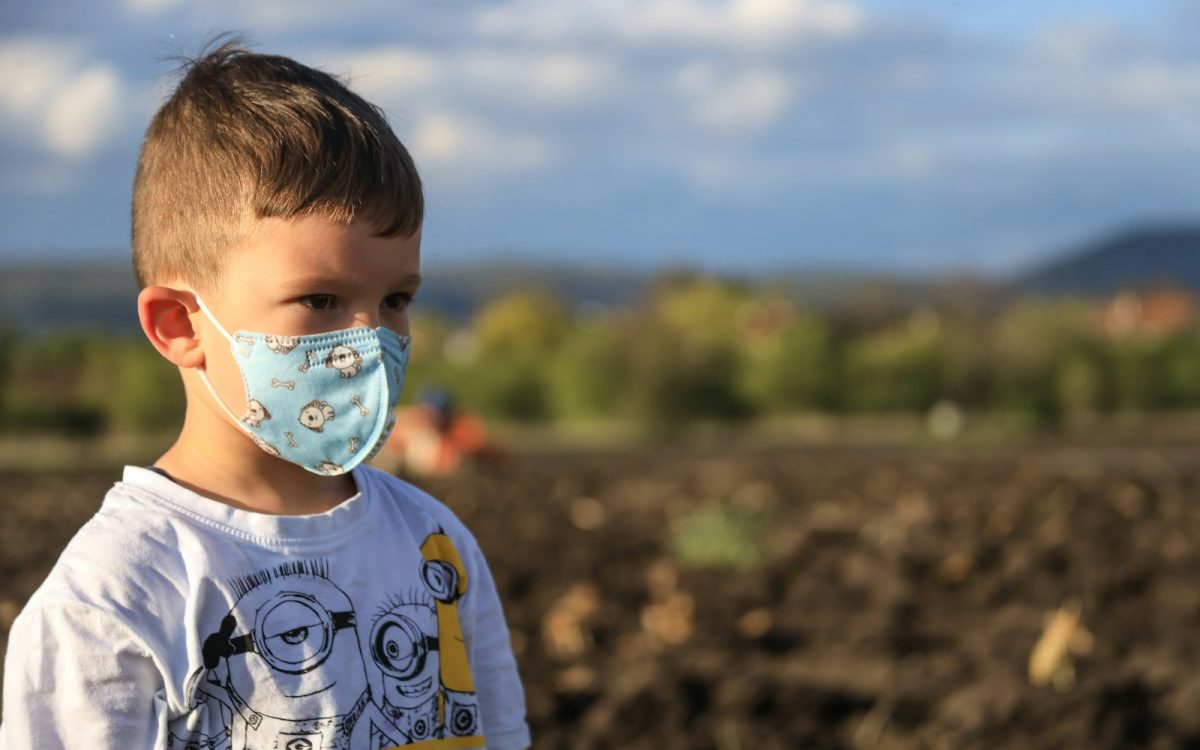Poor sleep can significantly impact the immune system, weakening your body’s defenses and making you more susceptible to illness. Sleep plays a critical role in supporting the immune system, helping it function optimally by regulating the production and release of various immune cells and signaling molecules like cytokines.
Here’s how inadequate or poor-quality sleep affects the immune system:
1. Reduced Production of Immune Cells:
During sleep, your body produces and releases cytokines, a type of protein that helps the immune system respond to infections and inflammation. Poor sleep reduces the production of protective cytokines and impairs the generation of infection-fighting cells such as T cells and natural killer (NK) cells, which are crucial for detecting and destroying harmful pathogens.
2. Increased Inflammation:
Lack of sleep can disrupt the balance of pro-inflammatory and anti-inflammatory cytokines, leading to chronic low-grade inflammation. This state of inflammation is associated with a higher risk of various health issues, including heart disease, diabetes, and autoimmune disorders.
3. Impaired Vaccine Response:
Studies show that sleep deprivation can reduce the effectiveness of vaccinations. Individuals who are sleep-deprived often produce fewer antibodies in response to vaccines, which means their bodies may not build up sufficient immunity.
4. Slower Recovery from Illness:
When you’re sick, your body requires more sleep than usual to fight off infections. Without enough rest, recovery can be slower because the immune system cannot perform at full strength.
5. Increased Susceptibility to Infections:
Chronic sleep deficiency can increase your vulnerability to common infections like colds and the flu. People who consistently sleep less than 6–7 hours per night are more likely to get sick after being exposed to a virus.
Tips for Supporting Immune Function Through Better Sleep:
– Aim for 7–9 hours of quality sleep per night.
– Maintain a consistent sleep schedule, even on weekends.
– Create a relaxing bedtime routine to wind down.
– Avoid screens, caffeine, and heavy meals close to bedtime.
– Keep your sleep environment dark, cool, and quiet.
In summary, poor sleep compromises the immune system’s ability to detect and respond to illness, while adequate rest strengthens your body’s natural defenses. Prioritizing good sleep hygiene is a vital part of maintaining overall health and immunity.




